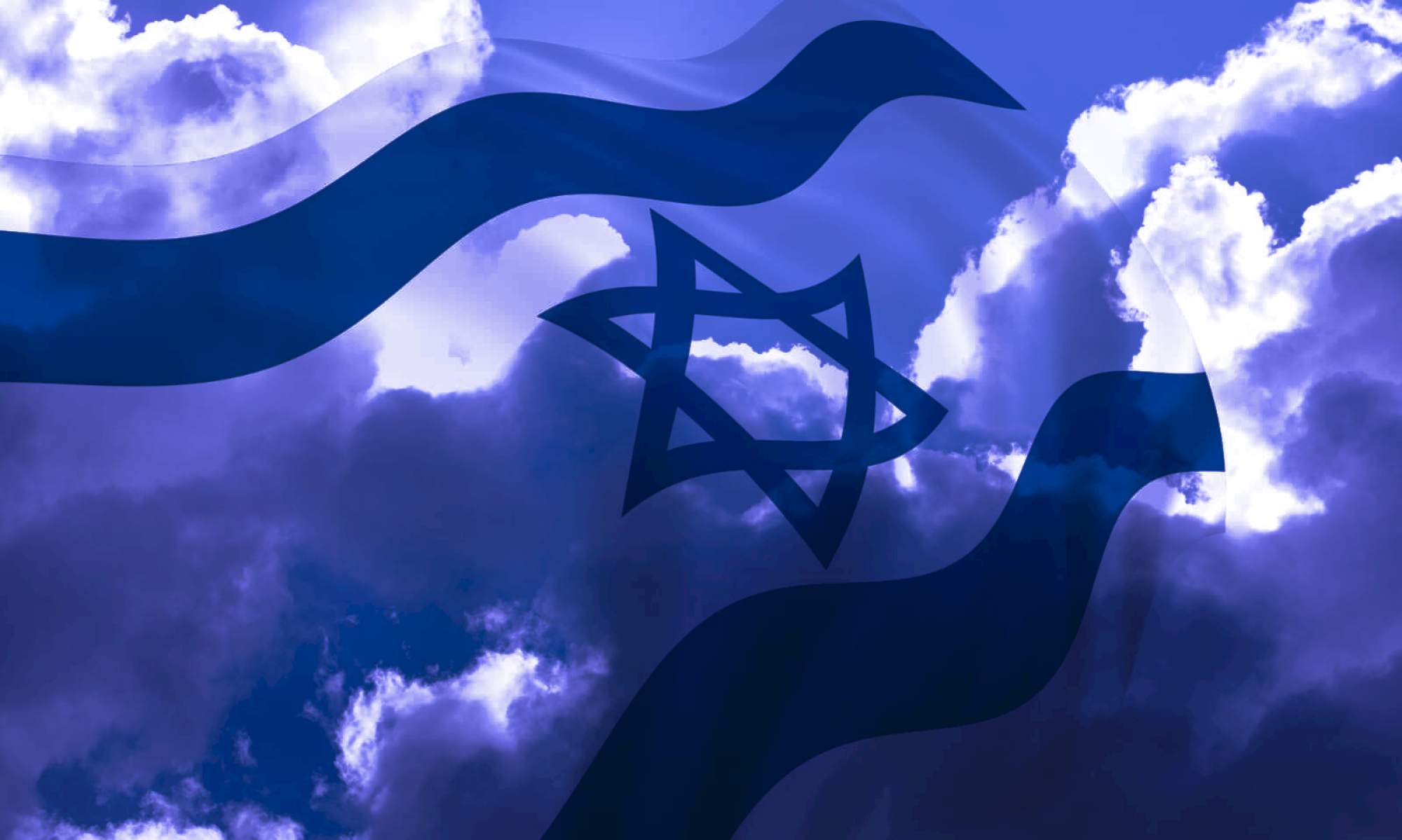
Iran’s supreme leader, Ali Khamenei, has picked three clerics as potential successors while he is hiding in a bunker for fear of being assassinated by Israel during the ongoing war, The New York Times reported
The information came from three Iranian officials familiar with the plans.
Khamenei, who has led Iran since 1989, has also named replacements for his military chain of command in case Israel eliminates more senior officials.
Despite the attacks, officials say Iran’s command structure remains functional and there are no clear signs of political divisions in the country.
According to two Iranian sources, Iran’s Intelligence Ministry has ordered all senior government officials and military commanders to go into hiding because of the risk of being targeted.
They have also been instructed to avoid electronic communications, such as cellphones.
Khamenei now only communicates with his commanders through a trusted aide.
The newspaper did not say exactly where Khamenei is hiding.
An opposition news website, Iran International, said he fled with his family to a safe house in Lavizan, northeast of Tehran, when Israel began operations in Iran on June 13. However, that information has not been confirmed by outside sources.
Khamenei’s succession is a sensitive issue.
Normally, the next supreme leader would be chosen after months of discussions by the Assembly of Experts, a group of religious scholars.
Now, if Khamenei dies, that group will have to decide among the three names he has nominated.
According to officials, Khamenei, who is 86, knows that the United States or Israel could attempt to assassinate him.
He views such a possibility as “martyrdom” and wants to ensure a smooth transition of power to protect his legacy and avoid infighting during the war.
The newspaper did not name the three Khamenei nominees, but confirmed that his son, Mojtaba, is not on the list.
Mojtaba, who has ties to Iran’s Revolutionary Guards, had been considered a possible successor after the death of former Iranian President Ebrahim Raisi in a helicopter crash last year.
The news of the successors came after Israeli Defense Minister Israel Katz declared on Thursday that Khamenei “cannot continue to exist.” That came after Iranian missiles hit a hospital in Beersheba and homes in central Israel.
Other Israeli leaders, including Prime Minister Benjamin Netanyahu and Foreign Minister Gideon Sa’ar, have avoided commenting directly on threats to Khamenei.
U.S. President Donald Trump reportedly prohibited a possible assassination of Khamenei early in the war, when Israel had the chance.
On Tuesday, Trump said he knew where Khamenei was hiding but would not authorize his death for now.
He also said he would decide in the next two weeks whether the United States would join Israel in its strikes against Iran’s nuclear program, especially the underground Fordo facility, which can only be destroyed with special American bombs.
Israel justifies its strikes against Iran’s military leaders, nuclear scientists, uranium enrichment sites and missile program by saying they are necessary to prevent Iran from carrying out its plan to destroy the country.
In response, Iran launched more than 470 ballistic missiles and about 1,000 drones at Israel, killing 24 people and injuring thousands, as well as causing extensive damage to buildings.
In the first wave of Israeli strikes, senior commanders of Iran’s Revolutionary Guards, armed forces and emergency command were killed.
On Saturday, the Israeli military announced that it had eliminated the head of the Palestinian Division of the Revolutionary Guards, one of those responsible for the Hamas attack on October 7, 2023, that started the war in Gaza.
“It is clear that we had a serious security and intelligence failure; that is undeniable,” Mahdi Mohammadi, an adviser to Iranian parliament speaker Mohammad Ghalibaf, said of Israel’s initial strike.
He noted that top Iranian commanders were killed within an hour.
On the other hand, Mohammad Ali Abtahi, a reformist Iranian politician, said in a telephone interview from Tehran that Israel’s strikes had united different groups in Iran against a common enemy.
“The war has reduced divisions among us and with the public,” he said.
Published in 06/21/2025 19h00
Text adapted by AI (Grok) and translated via Google API in the English version. Images from public image libraries or credits in the caption.
Reference article:
| Geoprocessing Drone Systems HPC |

| ERP and CRM Systems Mobile Systems AI |


